Subscribe to the Newsletter
If you are interested in understanding how Traditional Chinese Medicine can improve your life sign up to my newsletter for the latest updates.

How might Chinese medicine explain high blood pressure – hypertension?
You have to remember that acupuncture is part of a cultural and health way of life, developed over probably 3000 years.
It’s not just a few pins stuck in you! We ignore all that accumulated know-how at our peril.
For instance, if Chinese medicine has found certain foods make things worse but we continue to eat them while getting the best treatment for our problem, who are we fooling?
Aren’t we throwing away our money and time? Acupuncture therefore comes with advice about how to improve oneself! Ignoring this means treatment will, at best, be less effective.
Just as in Western medicine, your doctor gives you advice on how to change your habits for better help, so does Chinese medicine: it’s just had probably an extra 2800 years to consider things.
Signs that might suggest to your doctor that you have hypertension include:
But many people with hypertension have no symptoms. Until someone takes your blood pressure you don’t know you have it!
What worries doctors is that high blood pressure can lead to serious health problems. Over time HBP puts a strain on your heart and blood vessels, potentially damaging delicate tissues such as your kidneys and eyes. Eventually this may lead to coronary artery disease including stroke and heart attack.

You take your blood pressure with a sphygmomanometer. It gives you two readings, a higher (the ‘systolic’) and a lower (the ‘diastolic’). It may also give you your pulse rate.
Supposedly, in young healthy people the figures are 120/80.
Those are average, which means a lot of healthy people have higher figures and a lot of healthy people have lower figures.
Vigorous exercise requires faster blood circulation to feed oxygen to the tissues so your heart beats faster and harder, raising the blood pressure. Take your reading well after taking exercise, by when your body and its blood pressure have reverted to ‘normal’.
Doctors in different countries rate danger from high blood pressure differently.
In some countries they start prescribing medication when your reading exceeds 125/85.
In other countries they start to worry only if it exceeds 130/90 – or more.
To avoid the ‘white coat’ syndrome, when your BP increases at the sight of a white coat or doctor, you can wear a continuous monitor for 24 hours during which it periodically tightens a cuff on your arm and takes a reading, even during sleep.
The above cause ‘Secondary‘ hypertension.
‘Primary’ hypertension is when doctors cannot account for it.
Apparently in some 90% of people there are no obvious medical causes but Western medicine does recognise that blood pressure often increases as you age. (Which makes rather a nonsense of using the average ‘healthy’ readings of 120/80 for older people!)
As this site aims to explain Chinese medicine in English, let’s get down to basics!
What are the basics? Yin and Yang.
This is the main basic theory behind Chinese medicine and definitely behind acupuncture.
Yin is consolidating, nourishing, cooling and resting, as compared with yang which is exploring, warming, inspiring and moving.
If your BP is high, for some reason
Too much yang and/or not enough yin could happen for many reasons, but two obvious examples are lifestyle and stress – either currently or in the past.
Other important factors are what we eat and how we eat it, and the effect of ageing, which affects our circulatory system and Blood. For more on these, see below.
One way of looking at stress is through the Chinese concept of Qi.
In health, qi moves smoothly and while we rely on it to live we don’t really notice it.
We do notice it when qi ‘stagnates’ or gets blocked up. What we feel we describe as stress, and in Chinese medicine a way of explaining this is via ‘qi stagnation‘.
This blocks the easy flow and interaction between yin and yang, leading to a kind of pressure or heat. That increases yang and over time may decrease yin as we use up our yin resources to balance and contain our ‘excess’ yang.
So you get symptoms of yang excess and/or yin deficiency.
In practice, what happens involves the Chinese concept of Blood and can lead to more complicated ‘syndromes‘ such as Blood stagnation, or Liver-Blood Deficiency or Blood-Heat.
But that’s when things get more serious. They get harder to cure by yourself. In these situations you will need treatment.
Acupuncture is based on qi flowing along acupuncture channels or meridians. Acupuncture points on the channels affect how qi flows along them. When qi runs smoothly, life flows easily between yin and yang.
There are many ways of treating excess yang or deficient yin.
(By the way, is all this yin-yangery turning your brain to mush? Hold on! In a few seconds you’ll see how it applies to Western medicine!)
As yin and yang return to balance, so does your problem – in this case – hypertension.
Without knowing it, Western medicine uses exactly the same protocol as Chinese medicine!
For example, you take
I hope this makes sense!
The yin-yang theory applies whatever one’s circumstances or health problem, not just HBP, but of course how acupuncture and Chinese thinking might apply to you and your health problem would be much more detailed and would depend on your situation and health.
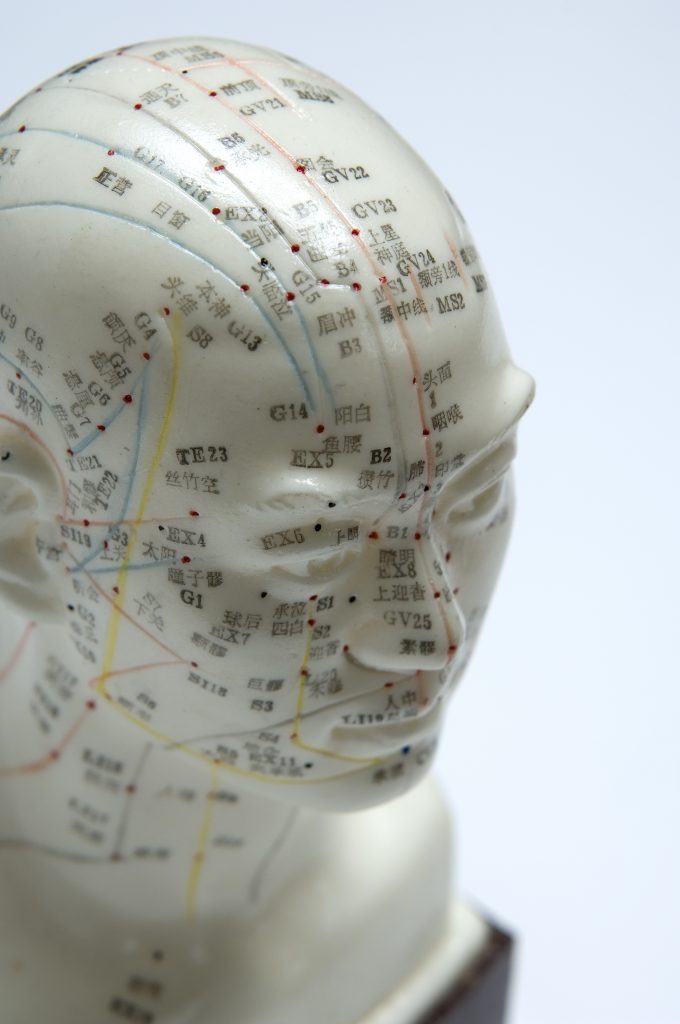
Using acupuncture, there are techniques and points
Stress is part of life, often demanding and challenging. It excites us if we enjoy rising to the challenge.
Too much wears us down, exhausting us (yin becomes deficient) and we get stuck into a yang excess-over-yin condition.
Too little and we get bored, slow down, do nothing, get unfit, develop Blood stasis and argue with one another.
What to do? Here are just a few ideas, using yin and yang – but you’ll soon see that they mirror ideas from Western medicine!
Ideally you should improve

Easy – eh?!
By high blood pressure diet we mean nutrition and diet that help alleviate high blood pressure.
Chinese medicine has thousands of years of experience with diet and nutrition. Western medicine ‘discovered’ HBP really only 200 years ago – see History of Blood Pressure.
So Chinese medicine didn’t know about it until comparatively recently, but they certainly recognised the health problems that accompanied and led to it and so treated those.
One of the most important ways we can help ourselves is with nutrition, a big subject in Chinese medicine. Food, after all, should be our first medicine.
I urge you to read that linked page on nutrition.
Take note of every word! Don’t skip past the bits about how you eat. They may be the most important bits, for you.
And if you wonder which foods tend to increase yang (which, with HBP you don’t want) read our page on ‘heating’ foods. In general, reducing these will tend to help.
If only that were all there is to it!
For chilly people, living in cold conditions, their blood may be ‘stagnating’ and if so, cooling foods would be non-conducive.
So, right away, you run into a problem: what kind of body do you have?
So without going any further into the high blood pressure diet, one may say that:
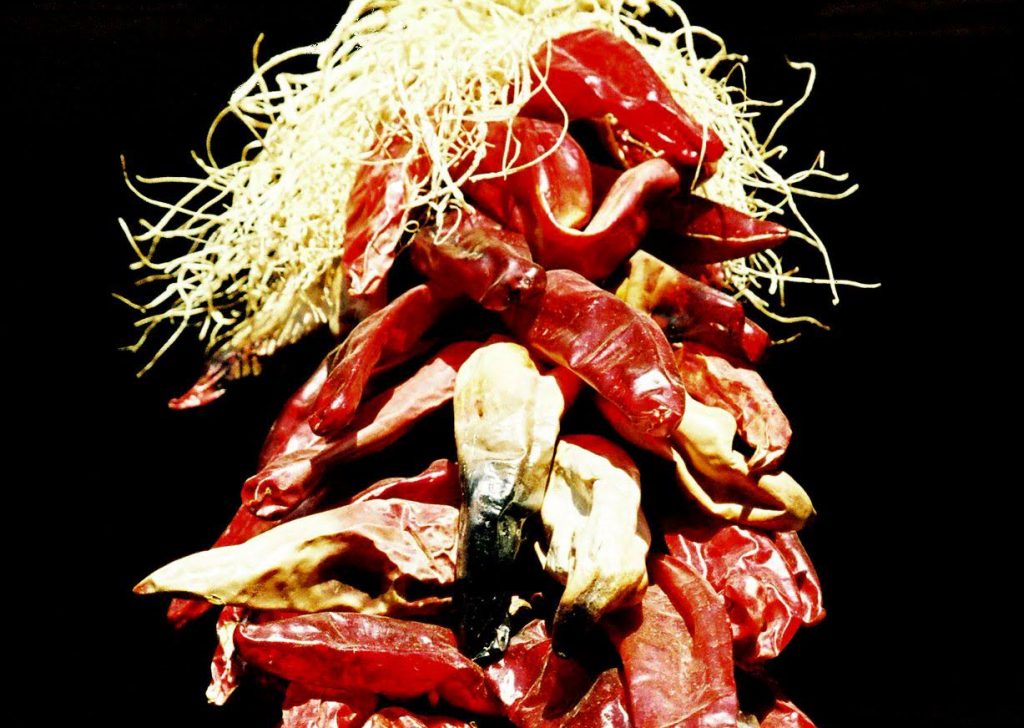
If you want more suggestions for a diet that is more specific to your particular needs, you need to do more reading, and you need to be prepared to make some changes to what you prepare and eat.
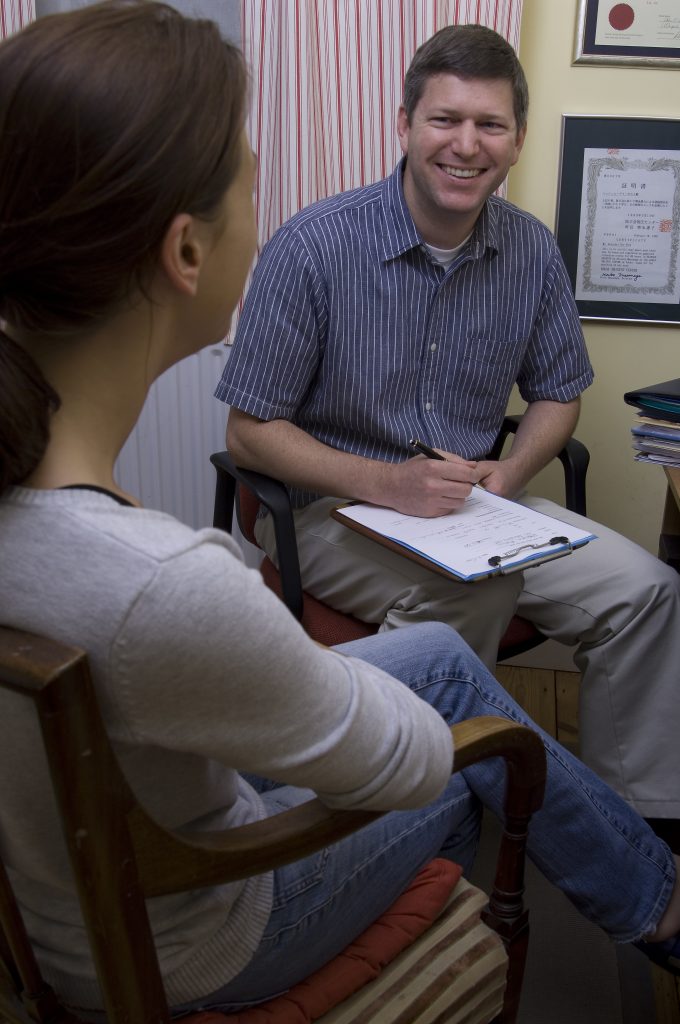
Then discuss it with an experienced practitioner of Chinese medicine, such as an acupuncturist or herbalist.

Stay in Touch!
No spam, only notifications about new articles and updates.

Book a Video consultation if you want to know more about your symptoms

This Introductory Chinese medicine course introduces you to the amazing thinking behind this ancient medicine, now increasingly in demand.
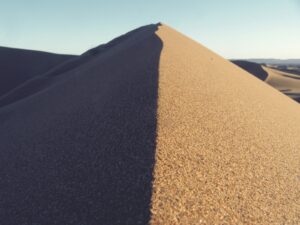
The Scottish College for Chinese medicine provides introductory courses for all, explaining Chinese medicine and its cultural background.
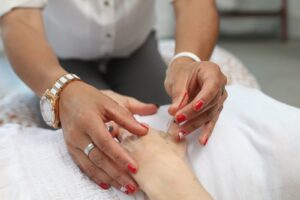
Master Tung’s acupuncture is a hidden treasure, lost to China but recovered in Taiwan from where it spread round the world.

Knee pain has five main causes. It’s certainly worth trying acupuncture before you resort to surgery!
Subscribe to the Newsletter
If you are interested in understanding how Traditional Chinese Medicine can improve your life sign up to my newsletter for the latest updates.
Subscribe to the Newsletter
If you are interested in understanding how Traditional Chinese Medicine can improve your life sign up to my newsletter for the latest updates.